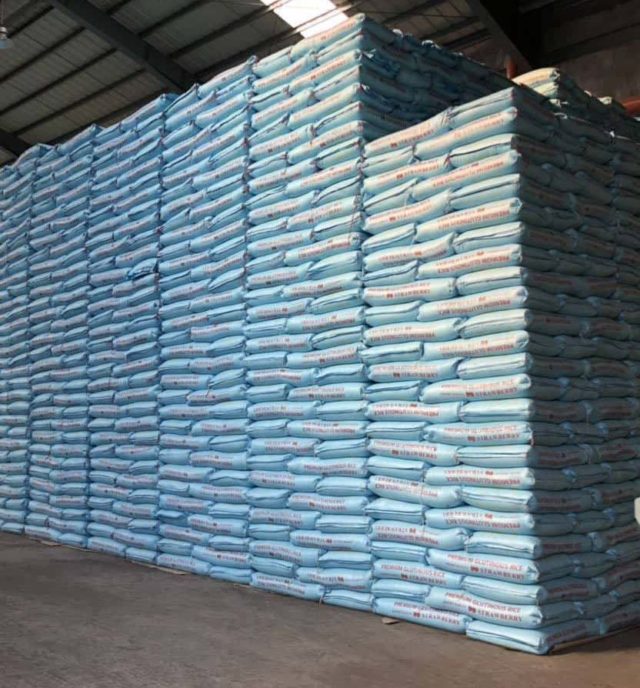The Philippine Bureau of Customs (BOC) has issued interim guidelines for importation of rice shipments pending the issuance of implementing rules and regulations (IRR) of the new Rice Tariffication Law.
Customs commissioner Rey Leonardo Guerrero on March 5 signed a memorandum while waiting for the IRR of Republic Act (RA) No. 11203 (An Act Liberalizing the Importation, Exportation, and Trading of Rice, Lifting for the Purpose the Quantitative Import Restriction on Rice, and for Other Purposes). The memorandum also took effect on March 5.
Under RA 11203, instead of quantitative restrictions (QR), the maximum bound rates committed under the Uruguay Final Act (The Final Act Embodying the Results of the Uruguay Round of Multilateral Trade Negotiations) will be imposed on agricultural products whose QRs are repealed by the new rice tariffication law.
The new law was passed to cut the price of rice which stoked inflation last year.
Under the BOC memorandum, all rice importations will now undergo regular customs cargo clearance procedure since, under RA 11203, the National Food Authority (NFA) no longer exercises regulatory functions over international and domestic trading of rice.
All importers of rice will still have to secure a sanitary and phytosanitary import clearance (SPSIC) from the Bureau of Plant Industry (BPI) prior to importation, in accordance with existing rules and regulations. Rice importations should arrive before the SPSIC from the BPI expires.
Payment of advance customs duty/tariff for rice importations is also no longer required.
For rice imports originating from the Association of Southeast Asian Nations (ASEAN) member states, the import duty rate of 35% under the ASEAN Trade in Goods Agreement (ATIGA) will apply; for shipments within the 350,000 metric ton minimum access volume (MAV) and imported from World Trade Organization member-countries outside Asean, 40%; and imports above the MAV and originating from non-ASEAN World Trade Organization member states, 180%.
Due to the perishable nature of rice importations and to protect the interest of the government, district collectors may allow the release of goods pursuant to Sections 403 (Provisional Goods Declaration) and 426 (Tentative Assessment of Provisional Goods Declaration) of the Customs Modernization and Tariff Act, pending the issuance of the IRR of RA 11203.









